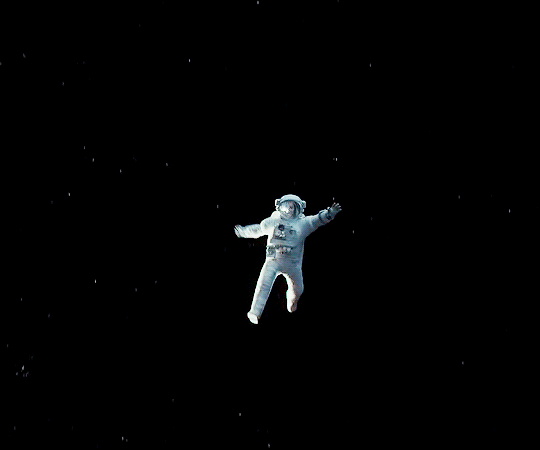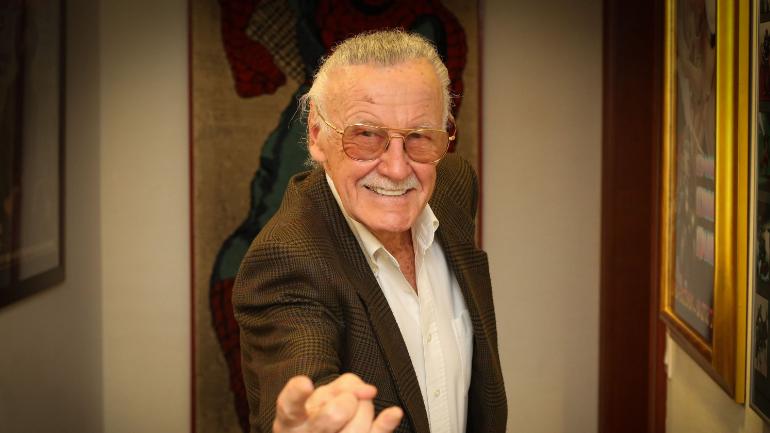Everyone seems to have an opinion about Marvel movies these days.
The hip, artsy, film critic-y thing to say is that this is such a boooring fad, that’s long since run its course and outstayed its welcome. I know these movies aren’t for everyone, but I find that to be a bit pretentious. A genre will certainly run its course, but I think that’s more because it gradually becomes culturally irrelevant or outdated, while at the same time, the writers run out of new ways to express the genre, and interesting things to say about it. Eventually they wring out every lesson about human nature a genre has to offer.
The best examples of this are westerns and gangster movies. The Old West simply lost its hold on the cultural imagination over the years, as America solidified itself as a “settled” country, and as new generations lost touch with prior generations who still had a settler mentality. Stories about exploring the country, facing danger in the unknown wild, and moving west would have been real and vibrant to people born in the 1920s or 1930s (or even earlier) who were making and watching movies in the 1950s and 60s. They would likely have recent family lore of both immigration and settlement across the country, perhaps from parents, but especially from grandparents and great-grandparents, the latter of which they would probably have much more contact with than we do today considering the age at which people married and had children. But at some point, these stories slowly faded from firsthand tellings and from the personal relevance to subsequent generations of Americans, particularly youths. And the western as a genre slowly died.
Speaking of da yutes, these same yutes who grew up on westerns went on to create and consume a new version of a previously establish genre, one with just as much action and daring as the western: gangster movies. As with westerns, at this time in America, this was a whole new world to be explored for cinema, for American culture, and for dramatic arts. These new filmmakers would completely change the gangster genre, from stories designed for cheap matinee thrills, to deeply personal examinations of human frailty, ego, and evil that were positively Greek or Shakespearean in depth and scope.
Two pieces of context are important for understanding this moment: artists were mining a new and exciting avenue of storytelling, and the mob was at that time a very real and powerful force in many parts of American society, especially in certain major cities. It was not even a recent historical artifact, as the Old West had been. It was a then-happening, currently extant reality for many people and in important parts of our society. Don’t believe me? Just ask renowned scholar and historian, Joey Diaz.
I heard the ghosts of gangsters past rattling around the city while living in New York in the 2000s. People would tell me stories about how back in the 70s every so often someone would find a body in the trunk of a car in their neighborhood in Brooklyn, or someone would point out that a famous mob hit happened at this restaurant in my neighborhood in Queens. I would hear stories of phone calls saying “We know where your kids go to school” when you ran for local office.
But, like the Old West, the mob eventually ran its course and faded from prominence in American culture and memory. To be sure, there are still job opportunities in “waste disposal” in places like New Jersey, and long-standing structures of mob corruption exist in some cities and their governments, but by and large, the modernization of society and anti-corruption efforts by people like Rudy Giuliani in the 1980s and 90s wiped out the true power of the mob as we know it and understand it. At the same time, the creative well ran dry, and there were only so many variations that even our most talented filmmakers could conjure from the types of characters and situations present in a gangster movie. In any genre, there are only so many stories you can tell.
So where do we stand inside the creative well of the modern genre of superhero movies, which to be fair really only means Marvel movies? Are we near the bottom? Have we already plunged through the ground only to not realize it yet?
I suppose I may be biased since I grew up on Marvel comics and basically learned how to read with them, but I honestly don’t see the well drying up yet, or any time soon. Here are my reasons.
First, their popularity is not attached to, and therefore not contingent upon, certain artifacts of history or culture that are tied to a particular time, that will recede as the reality of those artifacts or events fade into history. Superhero stories are not tied to reality in the same way that westerns and gangster movies were. They are not calling back historical memories or family myths, or exploring truths about social forces that exist in the real world. They are more representative of timeless stories of heroes, bravery, and morality. They call back to the most ancient stories of finding the hero within you, standing strong in the face of terrible odds, and of facing evil. In that sense, I think they are relatively timeless.
Another reason I believe the well has not yet run dry is that I am intimately familiar with a huge swath of the classic Marvel canon, and simply from a storytelling perspective, I can assure you that there is an almost limitless supply of fantastic storylines in these comics that filmmakers can draw from, both in terms of stories for one hero or team that would make excellent movies, and in terms of long-term, multi-movie crossover stories, from the Mutant Massacre to Inferno to The Age Of Apocalypse to Onslaught (and that’s just the X-Men). I never miss an opportunity to point out that I have the first comic that introduced Thanos’s quest for the Infinity Gauntlet, where a confused and helpless Silver Surfer spent the issue listening to a philosophical monologue about the moral virtue of wiping out half the life in the universe, and gave us a terrifying glimpse of what that would look like, turning the Surfer into an unwitting accomplice in a planetary genocide. I collected every issue of The Infinity Gauntlet and every crossover issue in the Marvel universe in real time, and seeing that saga come to life on screen is definitely my peak experience as a film and comics nerd.
Lest I digress too much, my point is simply that Marvel has created a bottomless well of deep and interesting stories to tell that can be translated onscreen. And that is not even to mention the stories and characters screenwriters can develop on their own from the existing universe and source material.
This actually leads me to the one thing that I think could halt the cultural success of Marvel movies, and that would be what appears to be a drastic and alarming decrease in the writing skills of today’s Hollywood writers. This is a topic that deserves its own essay from someone much more qualified to write it than me, but the gist is that the quality and depth of storytelling in Hollywood, not just at Marvel, is on a drastic decline the last few years, with no signs of abating. On the contrary, it seems to be accelerating.
There are a lot of institutional and historical reasons for it, but the main thrust seems to be that screenwriters as a talent pool are coming from an increasingly homogeneous background, with ever less life experience as a whole, and with less diverse life experiences than ever. Artists as a class, whether musicians, screenwriters, authors, or anything else, in past decades came from all manner of wild and interesting backgrounds, having lived all kinds of crazy lives before becoming full-time artists. This variety of experience meant that they brought to the table not just those experiences, but the characters, situations, and lessons from those experiences, plus just the originality that interesting life experiences allow you to draw from. It just gives you a larger, deeper canvas of creative ideas and human depth to draw from to make your art. It gives you more to create, and deeper emotions to create it with. Writers in Hollywood, like other artists, were often weirdos with weird lives, and weird stories to tell.
Today the trend is that these writers are cookie-cutter, upper middle class kids from boring yet stable homes, whose parents raised them in good neighborhoods and sent them to expensive private schools. While that may indeed be what you want for your own kids or for your accountants and lawyers, it’s definitely not what you want for your artists. It’s just not the kind of experience that leads one to have really deep or interesting insights about mankind or human nature. It’s not the kind of background that teaches you about the tragedies and triumphs of life, about the highs and lows of human emotions, about the great and terrible things people can do to each other. It’s just not a way to learn about the profound aspects of life and being a human being. To do that, you need to live some sort of life of adventure, to experience loss, tragedy, or disaster. If you’re going to write about heroes, it probably helps to have experienced fear and bravery in your life. If you’re going to write about villains, it probably helps to have met some. All this is just beyond the experience of most people writing in Hollywood today, and it shows. It shows in the shallowness of their heroes, their villains, and their stories.
If anything is going to kill Marvel, it’s going to be this.
As for me, while I still remain a huge Marvel and comic book nerd, I’m agnostic as to whether any new movie is a “superhero movie” or a “Marvel movie.” I don’t think it makes much sense to have a strong opinion about whether you want to see another one of “those kinds of movies.” I always want to see another good Marvel movie. The stories are varied enough to provide a near endless supply of compelling movies. The only question that matters is whether or not the next movie is a “good” Marvel or superhero movie. I believe we are indeed getting fewer of them, and right now I’m not sure if that trend will continue, or continue to accelerate.
I came to the conclusion years ago that the quality of a movie depends almost entirely on the writing. If Marvel makes an effort to course correct and focus on quality writing, and finding interesting, quality writers, than perhaps there is still hope for the MCU.
If not, well, you know what they say: “In Hollywood, no one can hear you scream.”

Excelsior!
